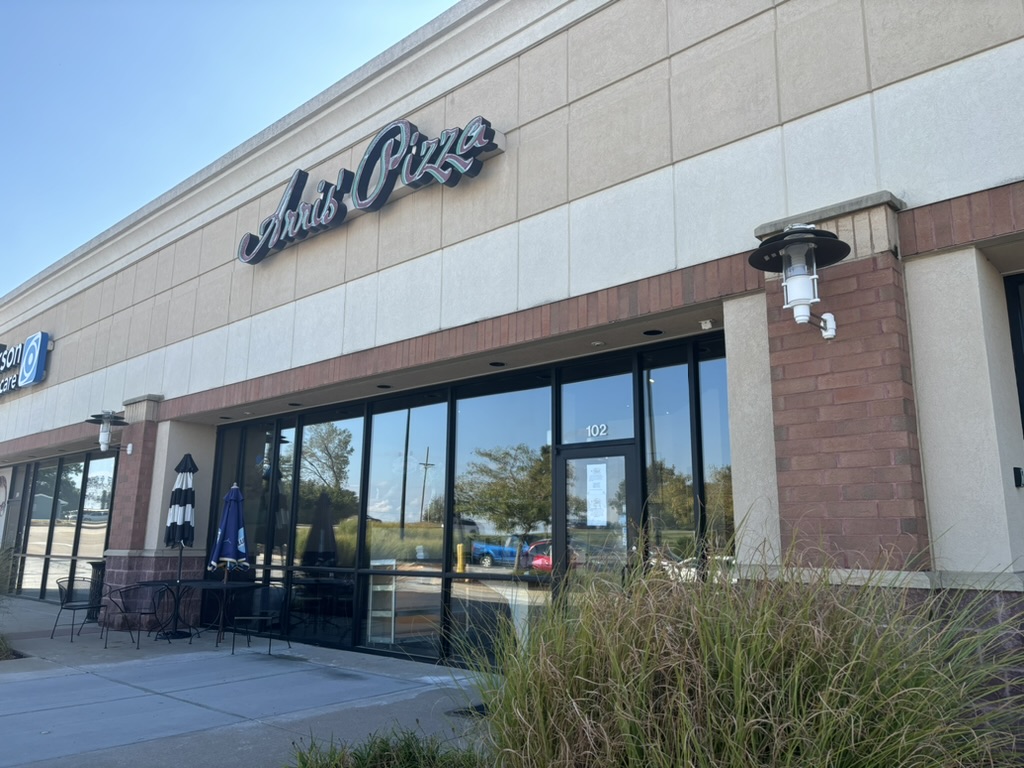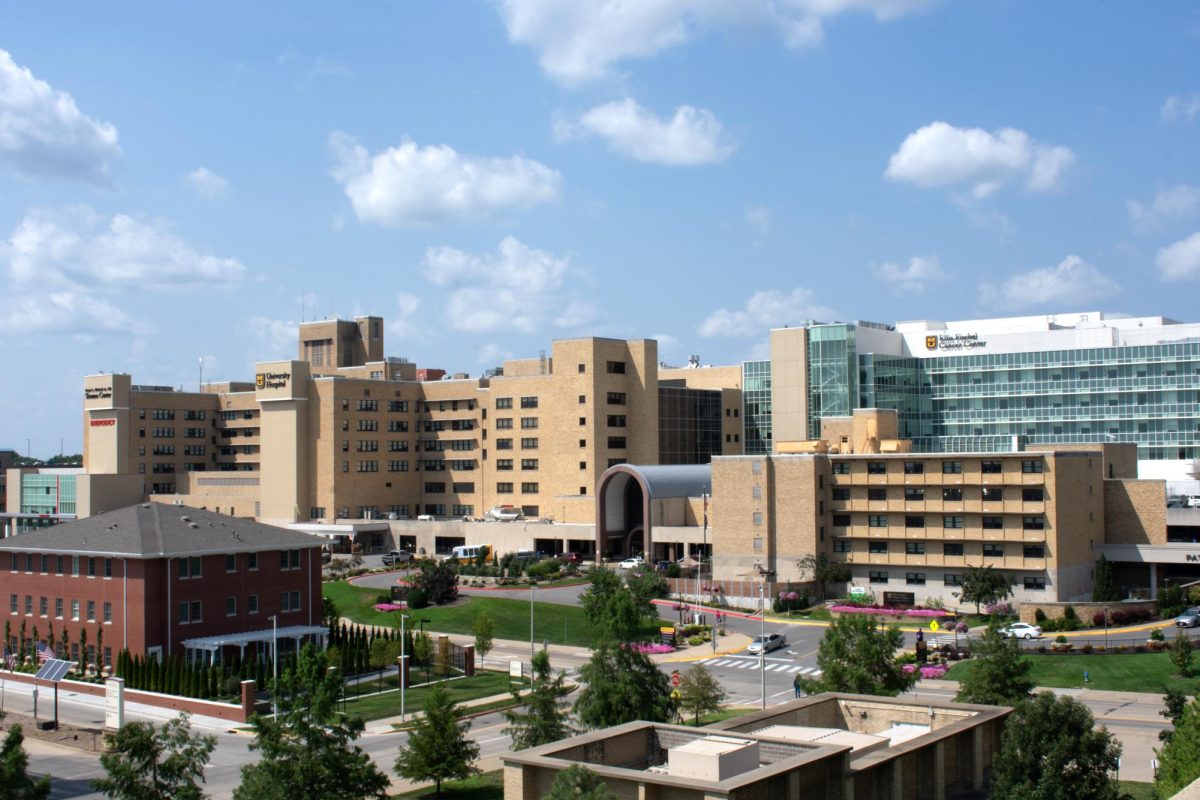Since the [Collections Enhancement Fund](https://donatetomu.missouri.edu/givedirect/GDItem.aspx?item_id=117) started Feb. 18, MU Libraries have raised $2,900 of its $50,000 goal.
Following the news that mold had ruined 600,000 stored MU Libraries books, the administration put together the online donation page where people can give money to help the libraries restore their collection. The fund was supposed to make donating as easy as possible.
“Every dollar we raise will go in response of the mold bloom, or it will go to rebuilding the collection,” said Matt Gaunt, MU Libraries director of development.
So far, there have been two $1,000 donations, which make up the bulk of the money raised. Gaunt said approximately 15 people have donated, and one-third of the donors have been library employees and faculty.
MU graduate Russell Barclay is a professor of communications at Campbellsville University. He and gave a $1,000 gift to the fund. He first heard about the library’s situation through a Facebook link from the Columbia Missourian. He said that while he was at MU, he would spend a lot of time in the library and giving back was important to him.
“Back in 1972, I was walking through the library with a bunch of cards in my hand — we had card catalogues in those days — walking through the stacks, heading toward a bunch of books that I wanted to look at, and I saw a slender volume on the shelf called ‘How to Read Hieroglyphics,’” Barclay said. “It had nothing whatsoever to do with anything that I was studying, but I took that book out and spent the better part of a week trying to teach myself hieroglyphics.”
When he first heard about the damage, Barclay said he thought it was a shame. He remembered how grown-up and intellectual he felt when choosing books off the shelves.
“I was afraid that that book on hieroglyphics had been damaged,” he said. “Isn’t that strange? After all the books I took out of there, I remember that one.”
The library is also looking at a few larger donations from foundation sources. Gaunt said he hopes these sources will be able to cover the majority of treatment and other expenses. If that happens, any leftover money raised will be used to strengthen MU’s collection.
Graduate Ken Mares is the director of Students and Teachers as Research Scientists at UM-St. Louis. His family, including his sister who is also an MU graduate, has given endowments to the university since the 1990s, but one of Mares’s main focuses is the library.
“I used to go up to Third Floor East, where I had a table,” Mares said about his time as an undergraduate science major in the 1960s.
When he needed a break from studying, he would go look at the books in the nearby music section.
“It was a shame; it should never have happened,” he said of the mold damage.
Despite these efforts, MU Libraries is still underfunded. The average Association of American Universities library has a budget of more than $35 million. MU’s library budget is approximately $18 million.
There has been some confusion as to how many books will be cleaned. While 120,000 books have been identified for cleaning so far, administration expects more books will be saved as the identification process continues. Over the next few months, at least half of the 600,000 books could be saved.
“We will save as many books as are necessary to preserve access to the information currently in our collection,” Gaunt said.
Many of the stored documents already have electronic duplicates. There is less of a need to save those types of books if students are not actively seeking out physical copies, he said.
“It’s not just a matter of us internally understanding what we have, to understand what we need to save,” Gaunt said. “We also need to understand what is available through our partners, how much of that is material they would like to give to us, how much of that is material that they would like to maintain ownership of, but loan to us as necessary, or in some cases what’s available in an electronic resource.”













